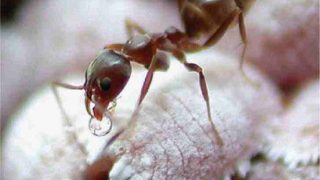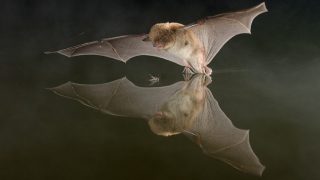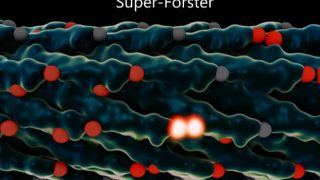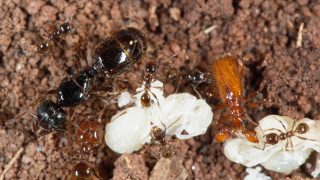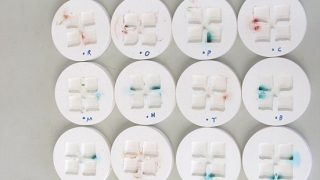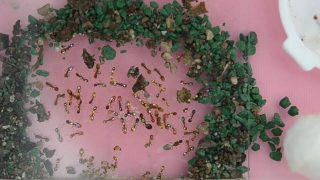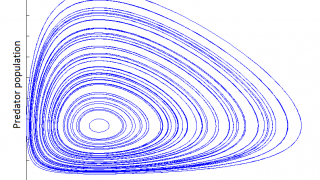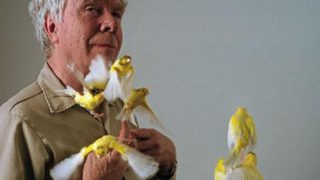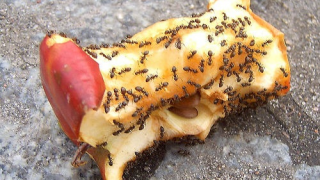
Little waste collectors
Ants are among the most diverse, abundant and ecologically significant organisms on earth. They have colonized almost every landmass on Earth and the only places lacking indigenous ants are Antarctica and a few remote or inhospitable islands. Ants thrive in most ecosystems and may form 15–25% of the terrestrial animal biomass. Although their species richness […]
